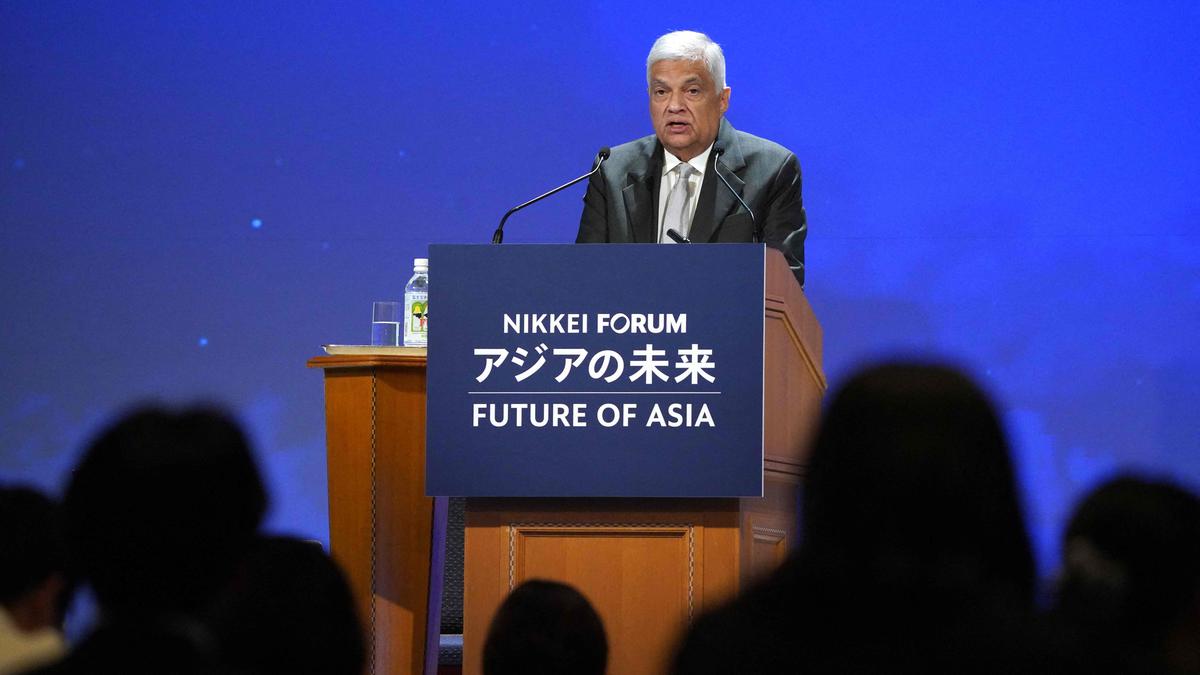
Top U.N. official flags ‘accountability deficit’ in Sri Lanka
The Hindu
Accountability remains the “fundamental gap” in Sri Lanka’s attempts to deal with the past, a senior U.N. official has said while warning that “as long as impunity prevails, Sri Lanka will achieve neither genuine reconciliation nor sustainable peace.”
COLOMBO
Accountability remains the “fundamental gap” in Sri Lanka’s attempts to deal with the past, a senior U.N. official has said while warning that “as long as impunity prevails, Sri Lanka will achieve neither genuine reconciliation nor sustainable peace.”
Referring to the Sri Lankan government’s plans to set up a Truth Commission, to probe allegations of war crimes and grave human rights violations during the country’s civil war, U.N. Deputy High Commissioner for Human Rights Nada Al-Nashif noted that Sri Lanka has “witnessed too many ad hoc commissions” in the past that failed to ensure accountability.
Also Read | Sri Lankan Army committed war crimes: Government probe panel
“What is needed is a coherent plan that connects the different elements of truth, redress, memorialisation, accountability and creates the right enabling environment for a successful and sustainable transitional justice process,” she said, in an oral update to the U.N. Human Rights Council in Geneva on Wednesday.
While it is fundamentally the Sri Lankan authorities’ responsibility to directly acknowledge past violations and undertake credible investigations and prosecutions the international community can – and should - play complementary roles in the process until the “accountability deficit” remains, Ms. Al-Nashif said, amid known resistance within Sri Lanka’s Sinhala-majority to any international participation.
Further, pointing to recent arrests of a stand-up comedian and a Tamil legislator, the U.N. official said the past months witnessed “the old reflex of using draconian laws to curtail opposition and control civic space, with a heavy-handed approach to protests far too often”.











